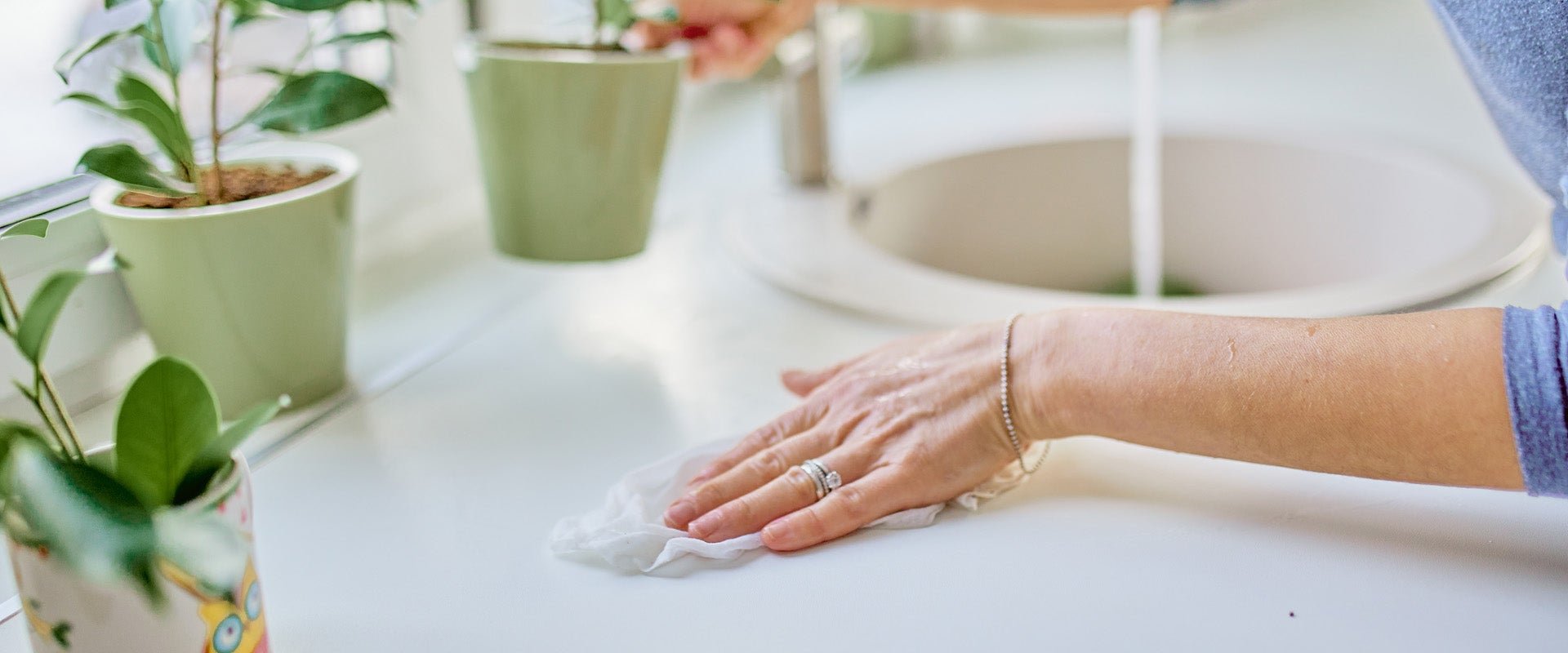
Green and Clean: Emerging Demand for Sustainable Homecare Products
- Article

Shifting consumer attitudes towards sustainability are impacting the homecare industry; change is gradual but irreversible. Recent research confirms that consumers, particularly younger generations, are increasingly concerned about sustainability, although this has not yet become a key purchase criterion for homecare products and does not always translate into a willingness to pay a premium for more sustainable or eco-friendly products.
For leading manufacturers, the challenge is to invest in furthering their sustainability strategies while maintaining product efficacy and offering ‘better value’ to consumers. For sustainability-focused challenger brands, success lies either in emphasising that sustainability also equals economy or deploying premium offers focused on ‘forward thinking’ consumers.
L.E.K. Consulting’s Global Consumer Sustainability Survey 2024 reveals some key consumer behaviour trends in the homecare industry:
To navigate the shifting landscape, companies have to adopt a strategic approach that balances sustainability with consumer demands for efficacy and value for the money. They must:
The courses of action available depend on the market position of a particular manufacturer.
For homecare majors, two strategies are potentially available:
For sustainability-focused challengers, two alternative strategies are also available:
In all cases, manufacturers will need to develop and adopt thoughtful sustainability strategies, as these will have a profound impact on their customer propositions, operating models and, potentially, economics. These strategies will need to ensure that manufacturers do not ‘fall behind’ in the sustainability race while remaining economically viable and continuing to meet vital consumer expectations around pricing and efficacy.
The Global Consumer Sustainability Survey 2024 repeats and builds on the research conducted by L.E.K. in 2022, looking in detail at how consumer attitudes and behaviours have developed in a period of evolving sustainability trends. With the survey expanded to 10 geographies, the results highlight geographical differences in sustainability perspectives and behaviours, along with insights into consumers’ willingness to pay a premium for sustainability across categories. Read the full report here.
To discuss the findings in more detail, please contact us.